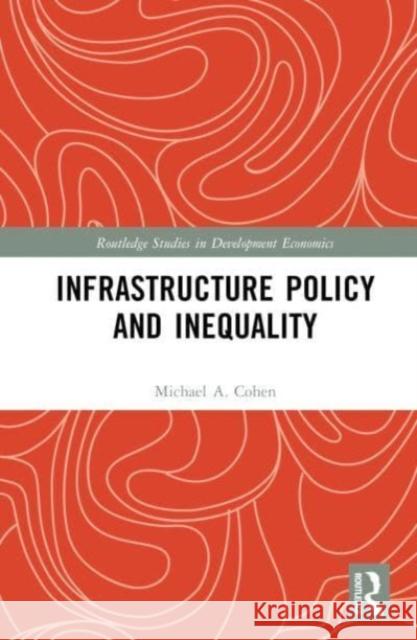Infrastructure Policy and Inequality » książka
topmenu
Infrastructure Policy and Inequality
ISBN-13: 9781032655765 / Twarda / 2024 / 216 str.
Infrastructure Policy and Inequality
ISBN-13: 9781032655765 / Twarda / 2024 / 216 str.
cena 756,05
(netto: 720,05 VAT: 5%)
Najniższa cena z 30 dni: 654,86
(netto: 720,05 VAT: 5%)
Najniższa cena z 30 dni: 654,86
Termin realizacji zamówienia:
ok. 16-18 dni roboczych.
ok. 16-18 dni roboczych.
Darmowa dostawa!
This book reframes the purpose of infrastructure from being an input to economic growth to becoming a major instrument in reducing socio-economic inequalities in both industrialized and developing countries.











